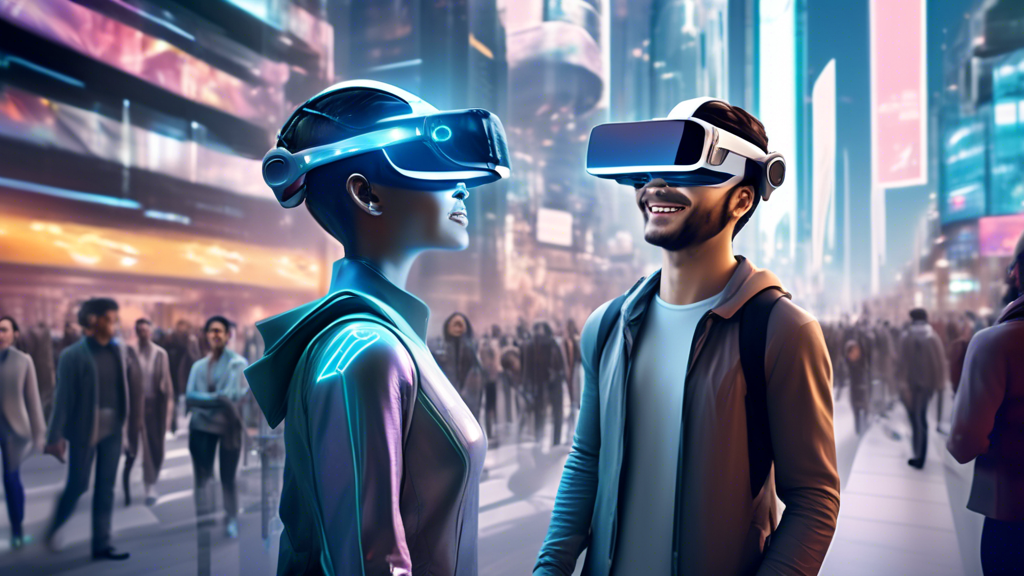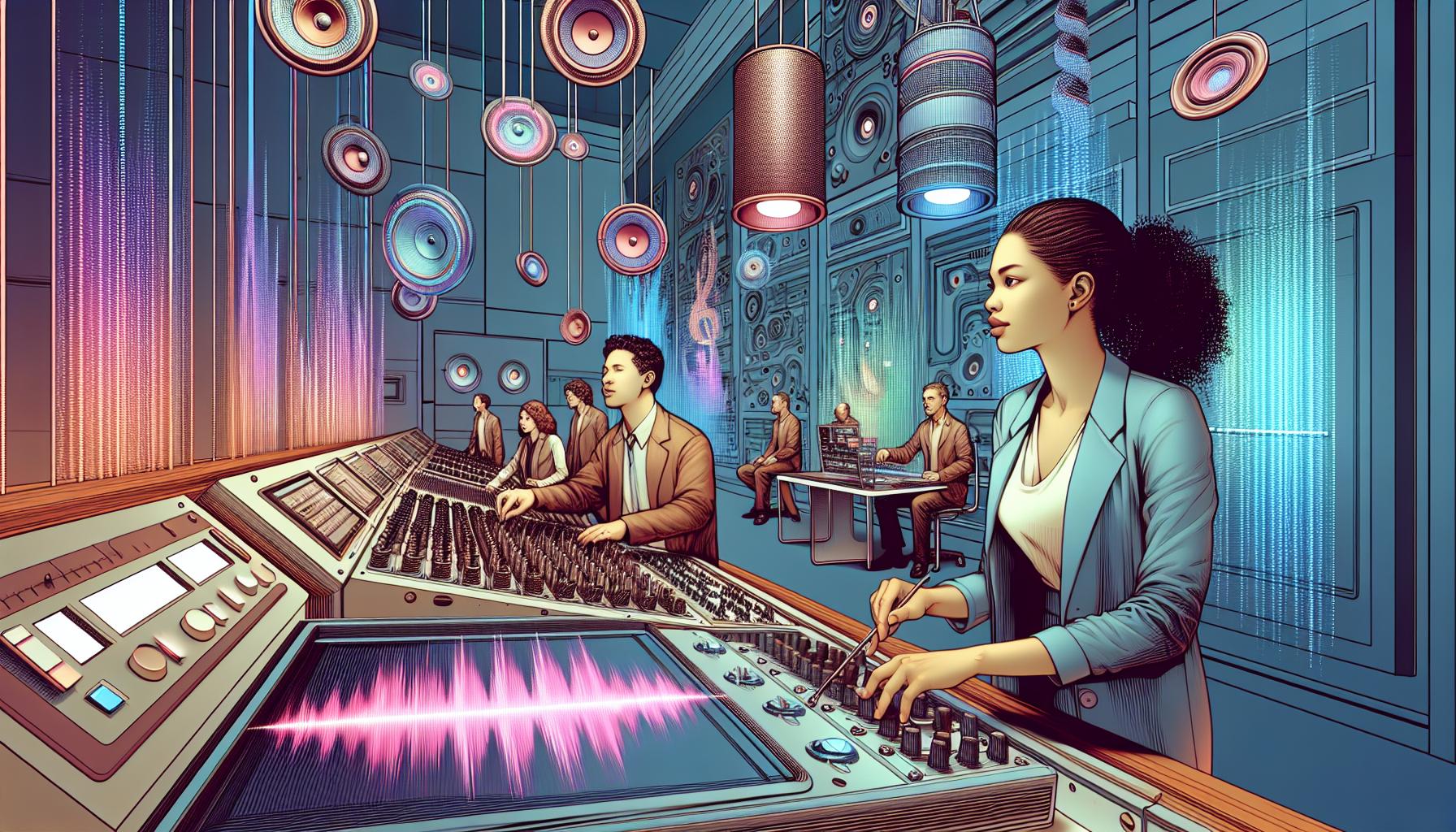Tag: AI Entertainment and Media
-

Virtual Humans: The Next Frontier in AI Development
While the development of virtual humans opens exciting possibilities, it also raises important ethical questions. Issues of privacy, consent, and the potential for misuse must be addressed. Ensuring transparency in AI operations and developing robust ethical guidelines will be crucial as this technology continues to evolve.
-

Sound Innovations: Transforming the Future of Audio Technology
The journey of sound innovations extends far beyond the confines of historical milestones and cutting-edge technologies. It is a continuous evolution marked by the relentless pursuit of better, more immersive auditory experiences. From the analog days to the dawn of digital audio, each breakthrough has sculpted the landscape of what we now take for granted…
-

Exploring the Future: Music Innovation in the Digital Age
“Explore the latest in AI-driven music tech, Hollywood transformations, and round-the-clock music industry news on X.”
-

Virtual Humans and Robotics: Pioneering Synthetic Intelligence
Looking ahead, the integration of virtual humans and robotics with advancements in AI promises a future where synthetic intelligence becomes increasingly indistinguishable from human intelligence. Innovations such as emotion recognition, conversational AI, and adaptive learning algorithms will continue to refine the capabilities of these entities. As we navigate this exciting frontier, close collaboration between technologists,…
